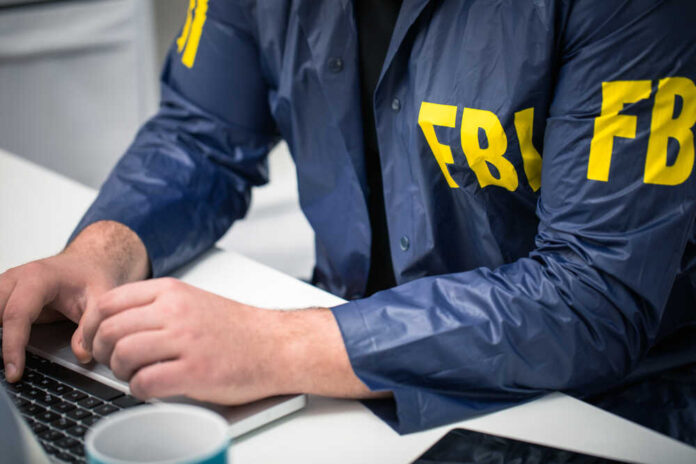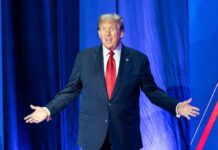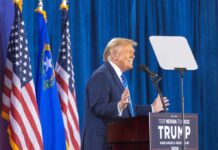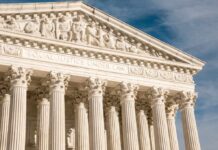
In blockbuster testimony before Congress this week, a former FBI agent laid bare the bureau’s apparent manipulation of data, creating an inflated sense of domestic terrorism linked to the January 6th protests. According to Steve Friend, the FBI’s tactics portrayed an isolated event as a nationwide phenomenon. This evidence sheds fresh light on the federal law enforcement agency’s methods, leaving many questioning its commitment to unbiased justice.
Friend, a five-year veteran of the FBI’s SWAT team and a former local law enforcement officer in Georgia testified before the House Select Subcommittee on the Weaponization of the Federal Government. His account provides alarming insights into the FBI’s handling of the January 6th case. “Typically you would investigate January 6 as one case with lots of subjects, but instead the decision was made to open up a separate case for every single individual there,” Friend stated.
FBI Played Fast and Loose With the Facts to Exaggerate ‘Domestic Terror’ Threat https://t.co/yqEI3cvrfz pic.twitter.com/ZCj9KvrcC0
— Robert Spencer (@jihadwatchRS) May 20, 2023
He said that, rather than keep all investigations centralized in the Washington field office, the FBI distributed cases across the country. This decision created an illusion of widespread domestic terrorism activity in all 56 field offices when, in reality, all cases were tied to Washington, D.C.
This testimony exposes a trend within the FBI. Friend noted that the FBI’s National Security Branch “has refocused counterterrorism from legitimate foreign actors to political opponents within our borders.” It’s a chilling reminder of the bureau’s recently exposed collaboration with social media companies to censor the Hunter Biden laptop story ahead of the 2020 presidential election, a story later proven to be factual, not Russian disinformation.
The FBI, once a beacon of American justice, has been plagued by accusations of politicization in recent years. These allegations, coupled with Friend’s testimony and a Government Accountability Office report that found the FBI and Capitol Police inadequately addressed known threats ahead of January 6th, continue to cast a shadow over the bureau’s credibility.
Rep. Jim Jordan (R-OH), who chaired the hearing, dubbed the FBI “an agency focused on politics,” a sentiment echoed by many who believe that the FBI’s objectivity has been compromised.
An FBI spokesperson insisted the agency would “never open an investigation based solely on First Amendment activity.” Yet, the stark contrast between this assurance and the testimonies of whistleblowers, including those who experienced job loss as backlash for dissenting from the FBI’s narrative, leaves room for skepticism.
In light of these revelations, the American public deserves transparency and accountability. If the FBI has deviated from its core mission, refocusing its efforts on political opponents instead of genuine threats to national security, it is high time to question its operations. A thorough and fair investigation into these allegations is not just necessary—it is crucial for upholding our country’s founding principles of justice and liberty.
Ultimately, the goal should not be to disband the FBI but rather to restore it as an unbiased institution dedicated to the security and safety of American citizens. The allegations against the FBI serve as a stark reminder of the need for checks and balances in our government—a lesson we must never forget.
































